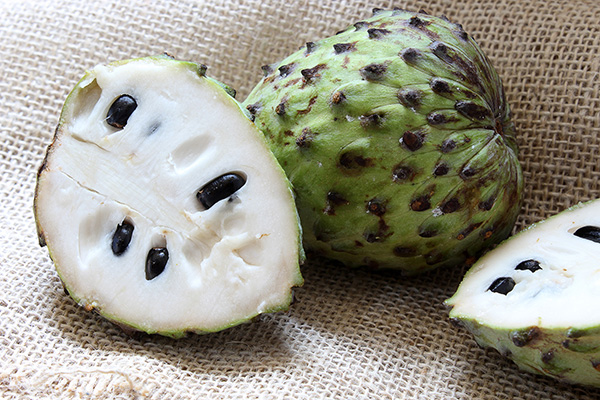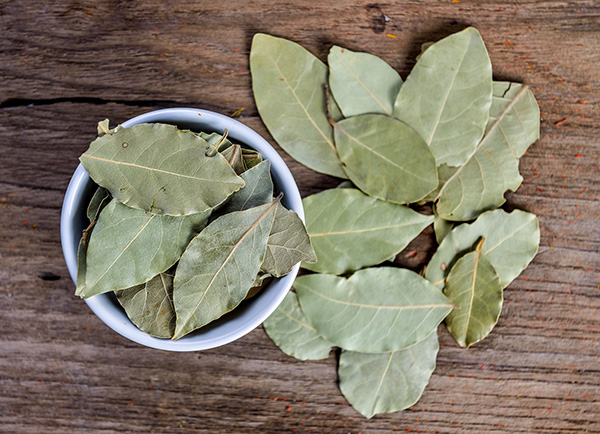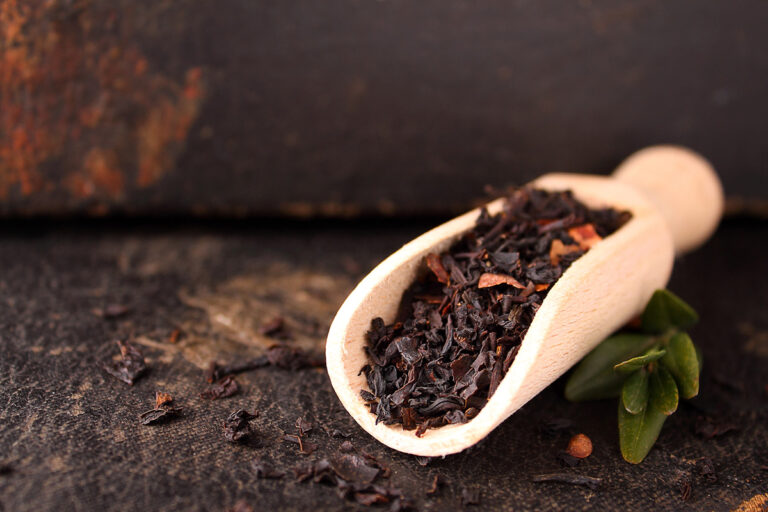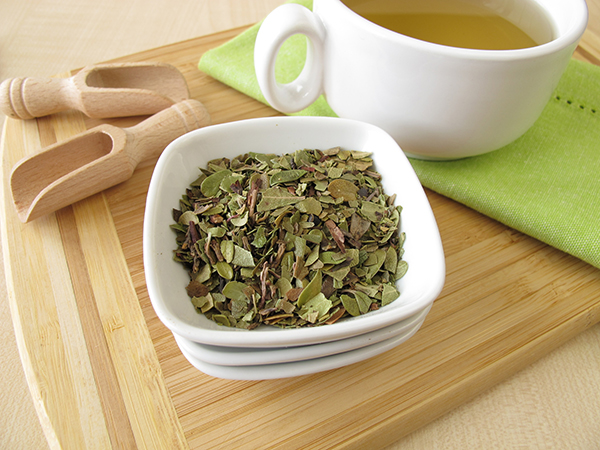Soursop Tea: Benefits, Side Effects, and How to Make It
Soursop tea, a tropical drink with numerous potential health benefits, has gained popularity in recent years.
This article delves into the benefits and side effects of soursop tea, who should avoid it, how to make it, and answers some frequently asked questions.

What Is Soursop Tea?
Soursop tea is a herbal beverage made from the leaves of the soursop plant (Annona muricata), a fruit-bearing tree native to the tropical regions of the Americas. The soursop fruit itself is known for its sweet and tangy flavor, while the leaves have been traditionally used in various medicinal applications. Soursop tea is prepared by steeping the dried leaves in hot water, producing a greenish-brown liquid with a distinct earthy flavor.
Potential Health Benefits of Soursop Tea
Antioxidant Properties
Soursop tea is rich in antioxidants, which are essential for neutralizing free radicals that can cause cell damage and contribute to various health problems. These antioxidants help protect the body against oxidative stress, thereby promoting overall health and well-being.
Anti-inflammatory Effects
Soursop tea has been known to exhibit anti-inflammatory properties, which may help alleviate pain and inflammation associated with various conditions like arthritis and other joint disorders.
Immune System Support
Some studies suggest that soursop tea can help boost the immune system by promoting the production of white blood cells, which play a crucial role in fighting off infections and diseases.
Potential Cancer-fighting Properties
Research has shown that soursop leaves contain compounds called acetogenins, which may have cancer-fighting properties. These compounds are believed to inhibit the growth of cancer cells and reduce the size of tumors. However, more research is needed to determine the effectiveness of soursop tea in cancer prevention and treatment.
Soursop Tea Side Effects
Interaction with Medications
Soursop tea may interact with certain medications, such as those used to treat hypertension, diabetes, or antidepressants. If you are taking prescription medications, consult with your healthcare provider before consuming soursop tea.
Low Blood Pressure
Soursop tea may have hypotensive effects, meaning it can cause a drop in blood pressure. If you already have low blood pressure or are taking medications to manage high blood pressure, be cautious when consuming soursop tea.
Pregnancy and Breastfeeding
There is not enough research to determine the safety of soursop tea during pregnancy and breastfeeding. To be on the safe side, it is recommended that pregnant and breastfeeding women avoid consuming soursop tea.
Who Should Not Drink Soursop?
Individuals with low blood pressure, those taking medications that may interact with soursop, and pregnant or breastfeeding women should avoid consuming soursop tea. Always consult with your healthcare provider before introducing soursop tea into your diet.
How to Make Soursop Leaf Tea
To prepare soursop tea, follow these simple steps:
- Gather 6-8 fresh soursop leaves or 2 tablespoons of dried soursop leaves. If using fresh leaves, wash them thoroughly.
- Boil 4 cups of water in a pot.
- Add the leaves to the boiling water and let them steep for 15-20 minutes.
- Remove the leaves and let the tea cool to your desired temperature.
- Optional: sweeten with honey, sugar, or a sugar substitute to taste.
Follow the manufacturer’s guidelines on the packaging if you’re using a branded product bought online or at a local store.
Final Thoughts
Soursop tea offers several potential health benefits, including antioxidant, anti-inflammatory, and immune-boosting properties. However, it’s essential to be aware of the potential side effects and interactions with medications. Consult with your healthcare provider before incorporating soursop tea into your routine, especially if you have any underlying health conditions or are taking medications.
FAQ
What Does Soursop Tea Taste Like?
Soursop tea has a unique flavor that is earthy, slightly sweet, and somewhat bitter. The taste can be likened to a combination of green tea and chamomile. Some people enjoy the natural flavor, while others prefer to add sweeteners like honey or sugar to enhance the taste.
When Should I Drink Soursop Tea?
There is no specific time of day that is best for drinking soursop tea. You can consume it whenever you prefer, as long as it does not interfere with your medications or cause any adverse side effects. Some people find it helpful to drink soursop tea in the morning for an antioxidant boost or in the evening to wind down and relax.
How Often Can You Drink Soursop Tea?
There is no strict guideline on how often one should drink soursop tea, as individual tolerance and preference can vary.
However, it is generally advised to consume soursop tea in moderation to avoid potential side effects. Start with one cup a day and see how your body reacts. If you tolerate it well, you may gradually increase the frequency but always follow the manufacturer’s guidelines if using a branded product.
How Long Can You Drink Soursop Tea Safely?
There is no definitive answer to how long one can safely consume soursop tea, as research on its long-term effects is limited. It is best to consume soursop tea in moderation and pay attention to any changes in your body. If you notice any adverse effects, discontinue use and consult your healthcare provider.
When in doubt, follow the manufacturer’s guidelines stated on the packaging of branded products.






